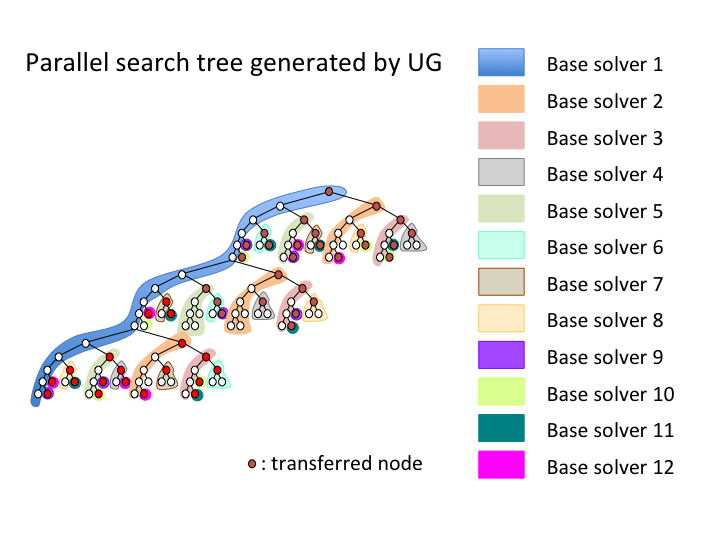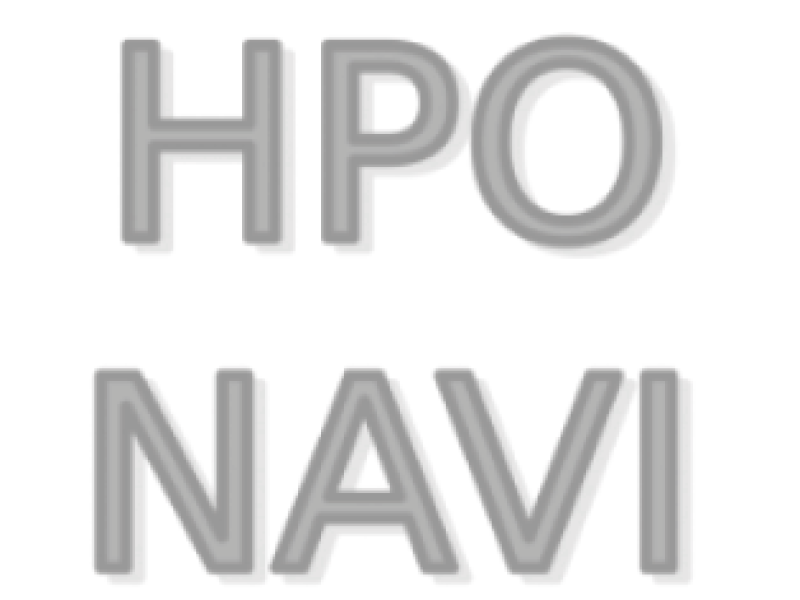The complexity of sustainably developing research software is still largely
underrated and the question how to guarantee visibility and fair attribution of these efforts in the
scholarly environment remains open. However, with the continuing shift towards data-centric
science, the software utilized to produce the scientific output itself should be regarded as
scientific output as well. In many cases it is indispensable in order to reproduce the research
results and should therefore be made openly available.
In the realm of data a shift towards reusable and openly shared data sets is already underway.
Over the last years there is a general understanding evolving that not only a publication
should get scientific credit but documented and available datasets as well. A paradigm shift of
that dimension for research software is just beginning. Work in this direction is for instance done
in the FORCE11 Software Citation Working Group. Their Software Citation Principle states
that “Software citations should facilitate giving scholarly credit and normative, legal attribution to
all contributors to the software, recognizing that a single style or mechanism of attribution may
not be applicable to all software.”
The project aims at lowering the organisational and technical barriers for making
research software available and foster the reuse of it. Software is generally relying on a stack of
additional software like operating systems and libraries to be functional. To just provide a link to
a specific piece of software may render it useless for future use as required dependencies are
lost over time. To be most comprehensive, additionally metadata should be gathered as early in
the development process as possible. Therefore we intend to harvest the accompanying
metadata directly from the developing process at the time of the build. Through GitLab there is a
lot of necessary metadata available, such as changelogs, dependencies and contributors. This
metadata can be mapped to an agreed-upon metadata schema and transferred to a deployment
infrastructure. To reach a high degree of reliability this process should be automated. At the
core of the project is the exemplary research software Ubiquity Generator (UG) developed at
Zuse Institute Berlin. The envisioned infrastructure is comprised of widely used open source
components. The workflows developed in the course of the project
should be easily adaptable to different institutions and research facilities.

